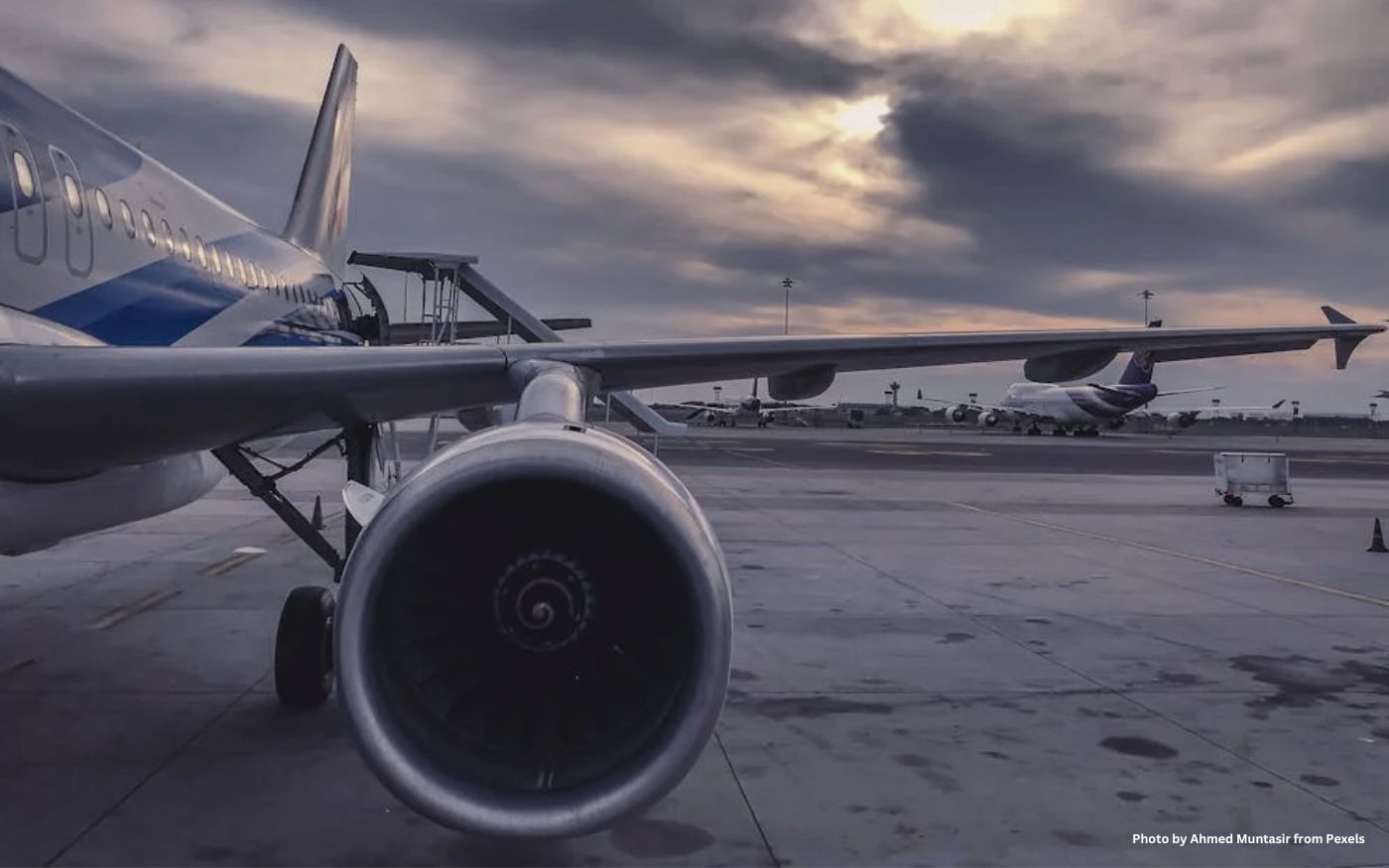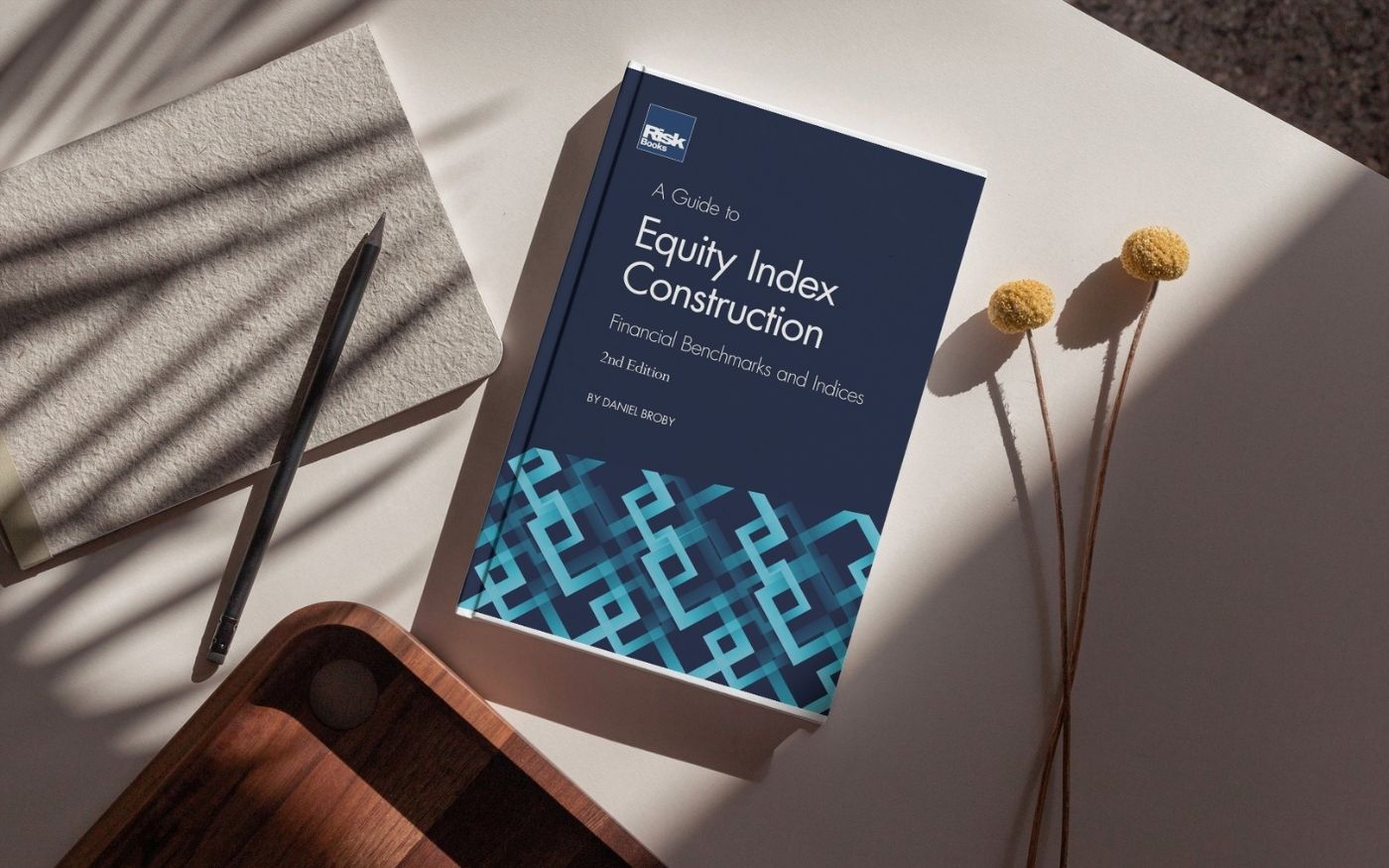Reseach by: Fernando Martin Y. Roxas, John Paolo R. Rivera, & Eylla Laire M. Gutierrez
Executive Summary
We have seen how the COVID-19 pandemic rummaged the tourism industry. While in the midst of the pandemic, the situation seems to be at a standstill; however, tourism stakeholders are very active in advocating for movements towards recovery. Likewise, while the pandemic situation restricted the tourism industry, it also prompted the stakeholders to adapt new forms of business models aligned with the lessons from the pandemic. Thus, the speed of recovery for the tourism industry rests on what its stakeholders do during the transition period from old to new normal.
Tourism is arguably inextricably linked with economic development given that it accounts for approximately 80 percent of GDP in countries in Asia Pacific region (Osewe, 2020). Similarly, Dupeyras et al. (2020) mentioned that part and parcel of global economic recovery are measures that facilitate the recovery of tourism industries given its significant contribution to national and local economies across the globe. This is particularly evidenced in economies where tourism contribute substantially as seen in the case of Spain (Rodriguez-Anton & Alonso-Almeida, 2020), United Arab Emirates (Aburumman, 2020), Thailand (Parks et al, 2020), the Philippines (Villar, 2020), among others.
Research on tourism and pandemic should also look into building an interconnected view of a recovery plan. By appealing to ST, we explicated the non-linear relationships existing in tourism’s complex systems and their relevance with current situation. Through our CLDs, we addressed our research question. From the identified PLP, we recommended the need to redesign tourism products and services that will compel the diversion from mass to sustainable tourism. The process of redesigning entails the modification of products and services to address the reshaped interests and priorities of visitors. Similarly, as suggested in the constructed CLDs and reviewed literature, local tourism is key to rebooting the economy and in restarting tourism activities in destinations. By promoting local tourism, demand for tourism products and services can accrue. With this, the re-designed products and services should be able to account for the needs of domestic travelers. The pandemic made the old models of tourism obsolete, thereby obliging the entire industry to evolve. Stakeholders should treat the pandemic as an opportune time to move towards sustainable tourism. Most importantly, through our findings, we construed that rebooting tourism is key to rebooting the economy.
To cite this article: Roxas, F. M. Y., Rivera, J. P. R., & Gutierrez, E. L. M. (2022). Bootstrapping tourism post-COVID-19: A systems thinking approach. Tourism and Hospitality Research, 22(1), 86-101. https://doi.org/10.1177/14673584211038859
To access this article: https://doi.org/10.1177/14673584211038859
About the journal
Tourism and Hospitality Research (THR) is firmly established as an influential and authoritative, peer-reviewed journal for tourism and hospitality researchers and professionals.
THR covers applied research in the context of Tourism and Hospitality in areas such as policy, planning, performance, development, management, strategy, operations, marketing and consumer behavior.





